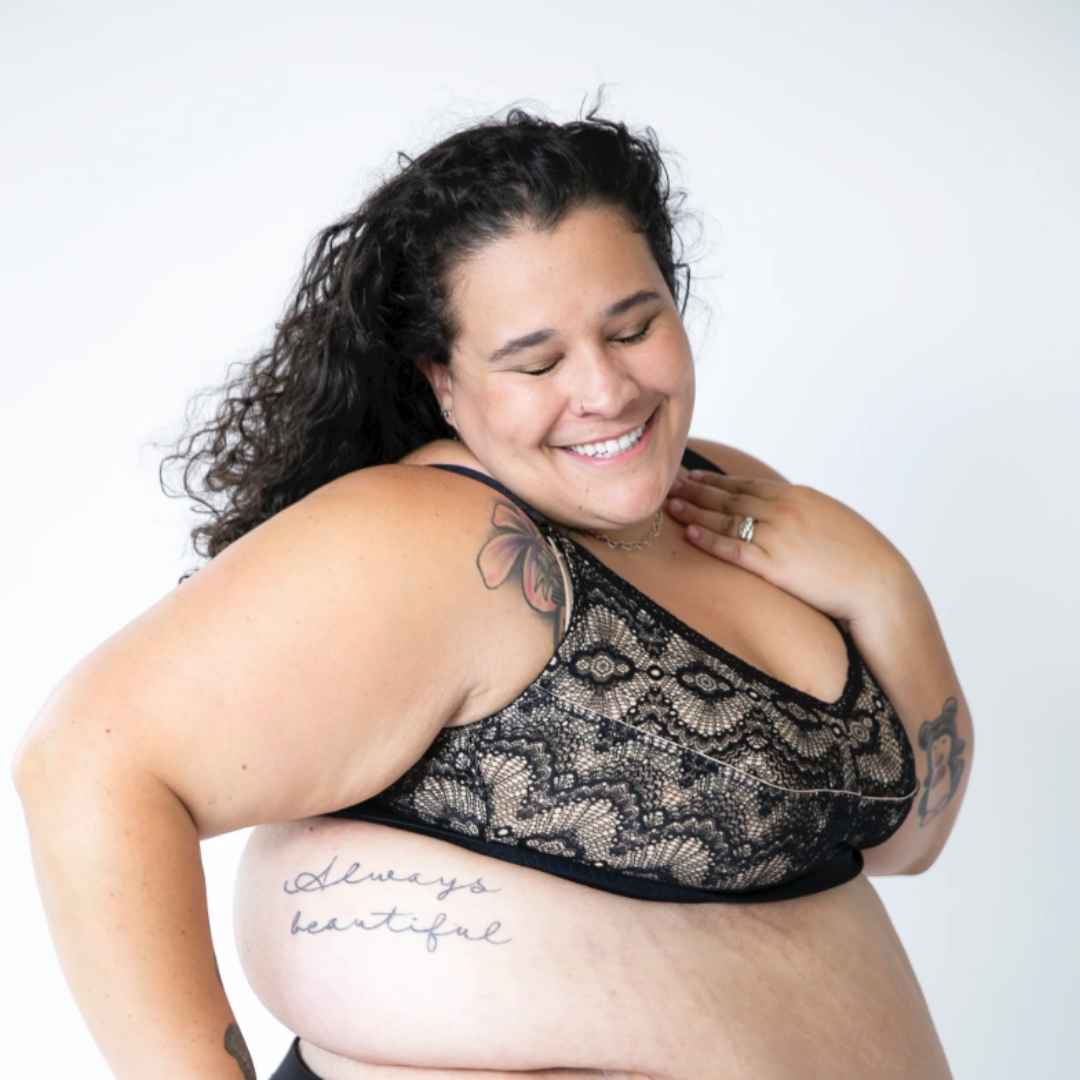Let's talk about postpartum depression. PPD is a mental illness experienced by women after the birth of a child. Many women are prepared for it and many are not. You may think you won't experience it, but odds are you will at least go through a few spells of the baby blues as you adjust to new life with your baby. The best thing you can do is get rest, take time for yourself, and speak to a mental health provider if conditions worsen. Keep reading to learn more about PPD.
Postpartum Depression is Real
Postpartum depression is real and is not a sign of weakness. It is not a sign of being a bad parent or partner. Your body is undergoing immense healing at this time and that takes energy. As does producing milk to feed your new baby. Your energy is already in short supply with nightly wakings and constantly being needed. This healing and the new demands are normal and something that all birthing parents go through. While this is normal, be on the lookout for feelings of sadness and overwhelm that don’t lift and instead hang around.
Many women also experience the baby blues. This is a much lesser postpartum period but is just as scary. Mothers will feel sad for no reason, alone when their partners are away, and guilty about how they are caring for their child (even when they are doing everything right). Baby blues will usually subside on their own within 1 - 3 months. Like many things, it just takes time to adjust.
The most important thing you can do is speak to your healthcare provider about your mental health care.
Postpartum Depression Can Present in Many Ways
Postpartum depression may show itself in a variety of different ways. Each person experiences it differently but some of the symptoms of depression include:
- depression
- mood swings
- anxiety
- social isolation
- guilt
- worthlessness
- hopelessness
- anger
- self-blame
- shame
There are other symptoms of PPD, so be on the lookout. Postpartum depression is not always easy to spot. Some women don't even recognize that they have it and live with it for years. It may also be hard to admit that you have postpartum depression and that's ok! Don't hesitate to ask for help from family members and friends. They may be able to spot that something is wrong before you do.
How Can You Help Someone Who Has PPD?
If you notice one of your family members is showing signs of postpartum depression after having a new baby there are a few things you can do to lighten their load. They will be overwhelmed with feeding and caring for the baby, so offer to watch the baby while they sleep, eat, or just relax. Offer to go on a walk with the mother and baby to get out of the house, sunshine can do wonders. Other fun ideas may include:
- meeting them at a coffee shop for time out of the house
- meeting at a park if they have older children
- babysitting so they can get out for an hour or two
- offer to help them clean up the house
- just offer to come over so they don't feel alone
It will take time and their feelings of sadness may come and go, but usually, they are temporary as their body regulates and they adjust to their new life.
If your friend or partner is attributing much of their feelings towards feeding the baby, try gifting them a nursing and pumping bra. The functionality of the bra may just make their life easier while feeding their baby and provide them with some positive feelings to chase the baby blues away. The Dairy Fairy Collection is full of beautiful bras that will make them feel comfortable and sexy again.

How to Treat Postpartum Depression?
Treating the symptoms of postpartum depression should be left to healthcare professionals, but there are some things you can do in the meantime. If you are feeling the effects of postpartum depression, be sure to accept help from any friends or family members who ask. Don't hesitate to take advantage, they want to help you. Some of these treatment options may work wonders.
It may be difficult, but get as much rest as you can. When you aren't well-rested, your fuse is short and those feelings of sadness and guilt creep back out. When you are rested, you are better equipped to go about the day and be your best self for baby.
When you are feeling up to it, meet other new mothers. This can be done by walking around a local park, hanging out at a coffee shop or local library, or hopping on social media. There are many platforms that help new moms connect. Try searching for your city and the word "mom" on Facebook and you'll be shocked at how many groups there are.
Create time for yourself. An hour or two away from the baby will do wonders. See if a friend, family member, or your partner can watch the baby for an hour or two while you shop, get your nails done, run errands, walk around the neighborhood, or just enjoy some alone time in the house. Taking time for yourself is so important to maternal mental health.
Work physical activity into your daily routine. Get those endorphins moving even it's just by taking a daily walk in the fresh air. Eat nutritious foods and avoid drugs and alcohol as they can make these difficult times worse.
Set boundaries or limits. In other words, the little things can wait. Set priorities. Thank you cards and deep cleaning can wait. Do what is necessary and the rest is ok to sit. Identify your stressors whether they be cooking or entertaining guests and get help in those areas. Ask your partner or family member to tackle those tasks temporarily. Change your expectations and let go of perfectionism. I know, easier said than done, but it’s ok if the dishes pile up for a day or two. Give yourself grace!
If your symptoms continue or worsen, you may benefit from a depression screening. In the United States, your child's primary care provider or pediatrician will give you a screening every time you go in for their checkup. These are great indicators of mental health in new moms. A screening like this will help a doctor determine if you are just going through baby blues or something more severe. Many doctors will treat PPD with psychotherapy or antidepressants.
As you head into the fourth trimester, prepare yourself before the baby arrives. Talk with your partner or family members about your fears and expectations. These may change, but voicing them may allow you and anyone in the household to prepare for the oncoming emotions.

Get the Emotional Support You Deserve
If you are experiencing mental health symptoms, speak with a health care provider so they can guide you back to a state of wellness. Mental health issues are scary but are easily treated with the proper help. Be hopeful that your feelings of sadness and overwhelm will fade over time, but also realize that this will take time and effort. There are many online support groups as well that will help you realize that you aren't alone. Things will get better! Stay positive, seek help, and don't hesitate to open up to your partner and family. You've got this mama!







Leave a comment
All comments are moderated before being published.
This site is protected by hCaptcha and the hCaptcha Privacy Policy and Terms of Service apply.